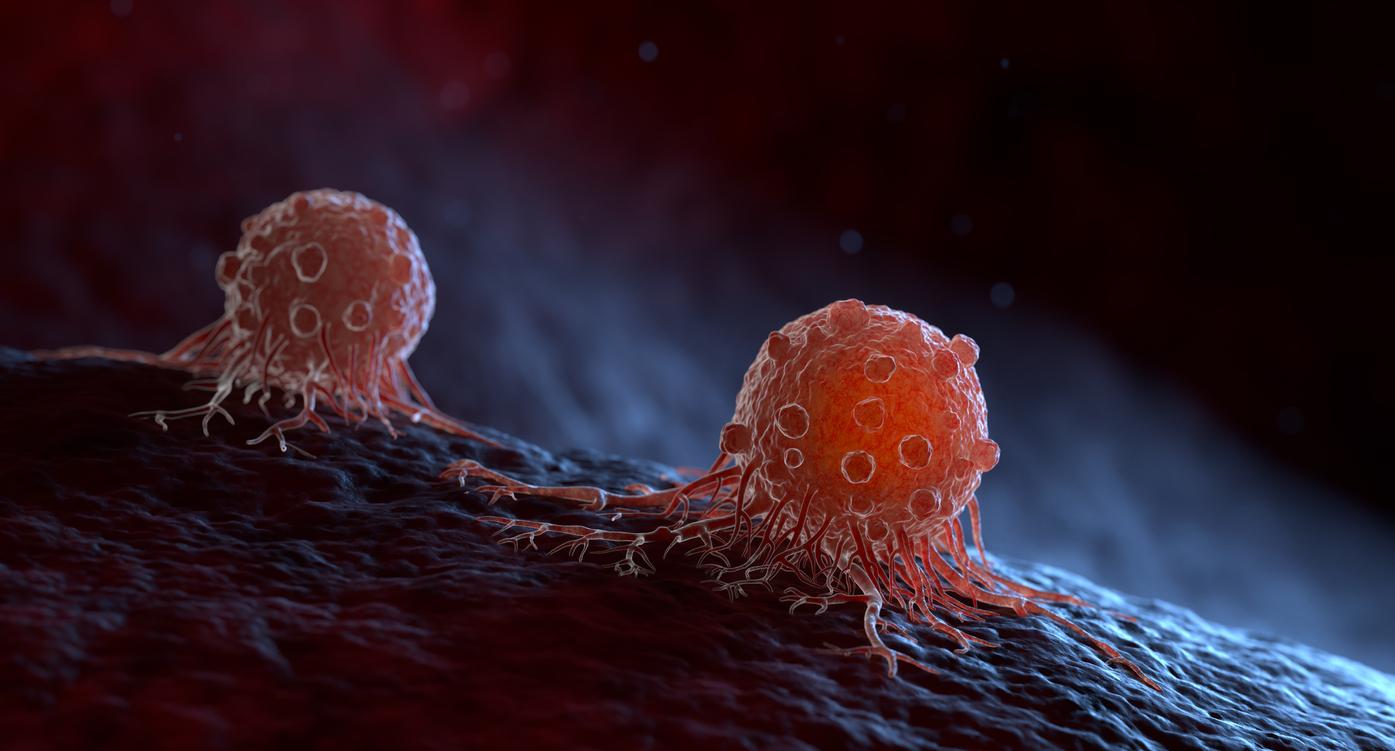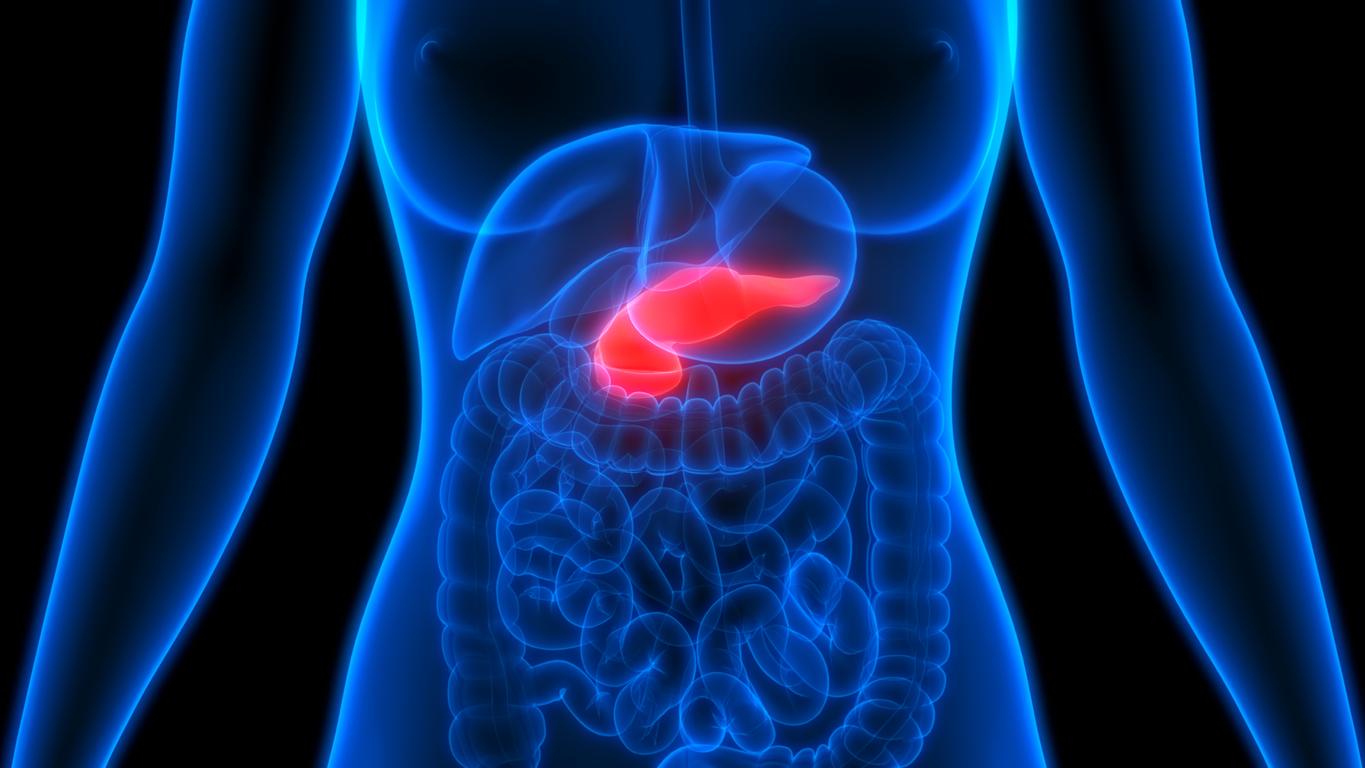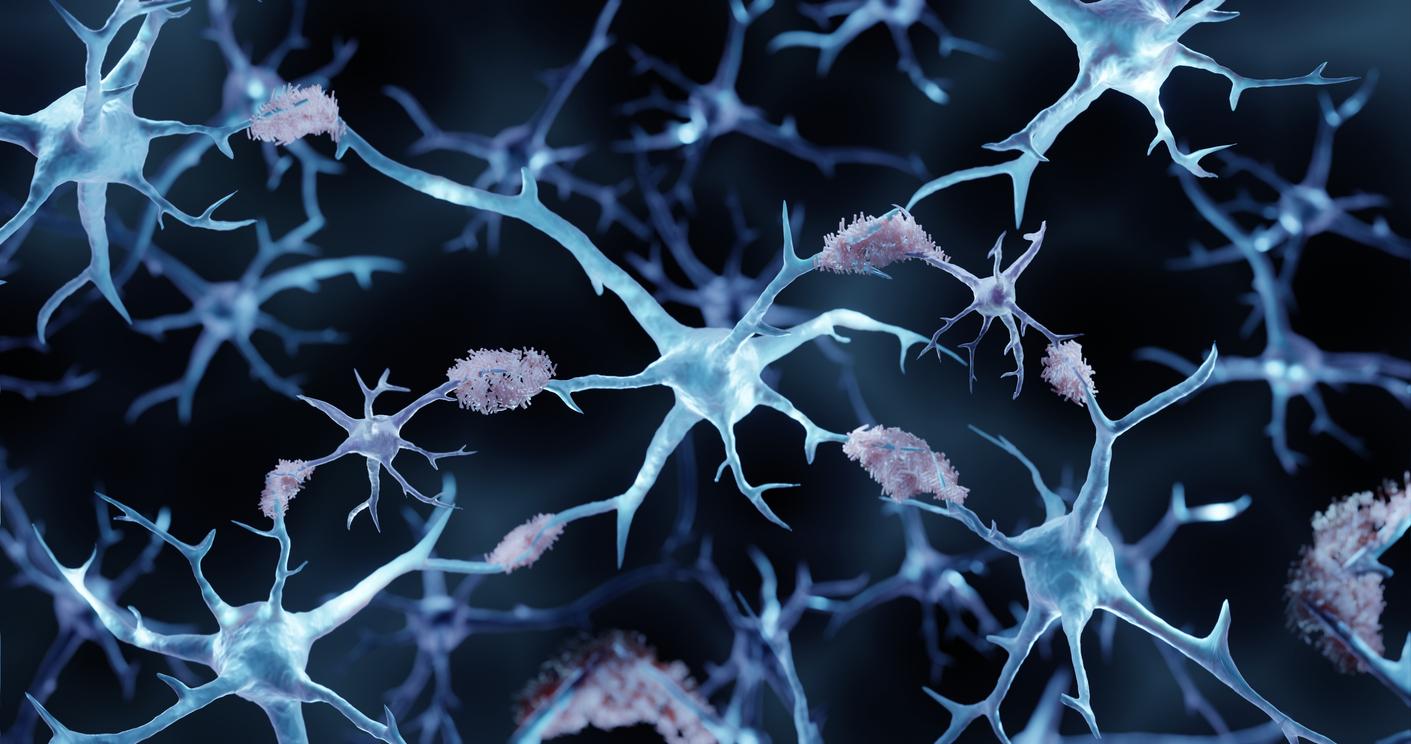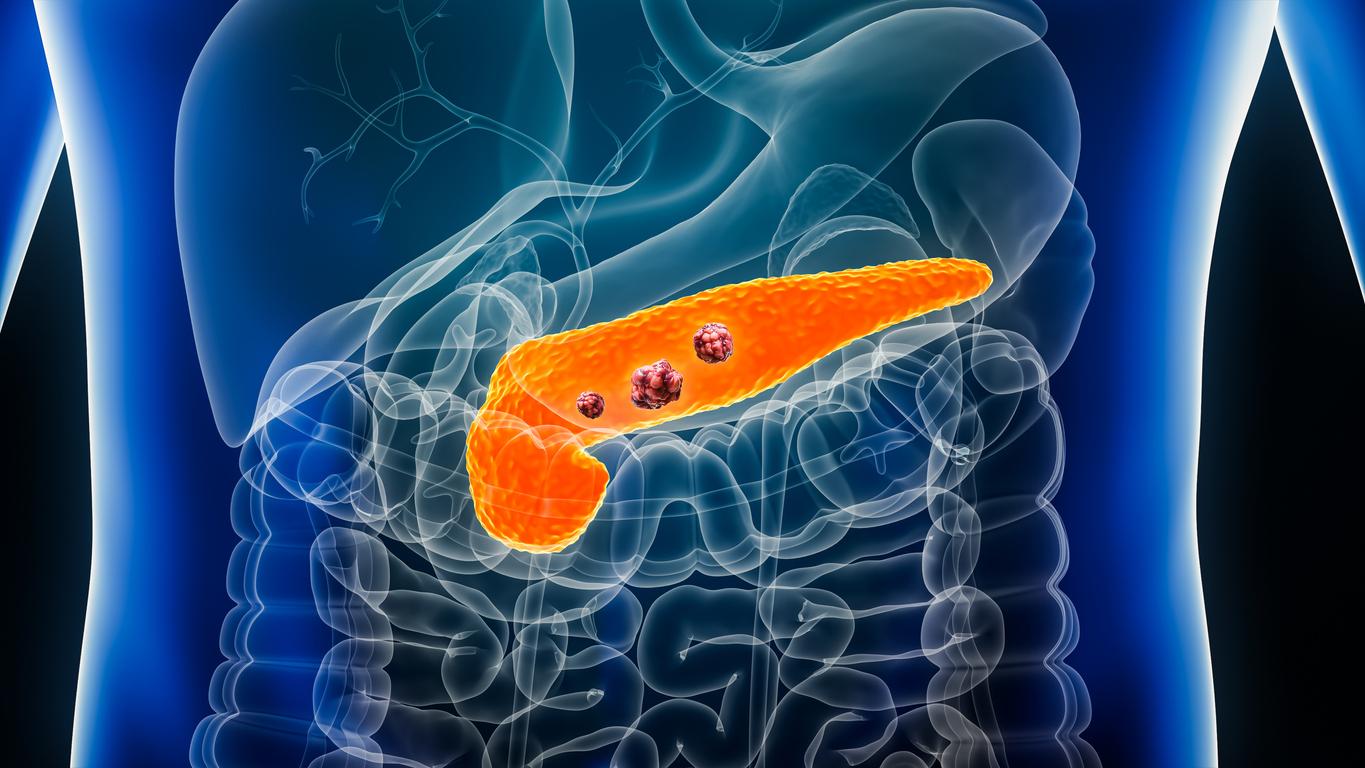Researchers reveal the mechanisms involved in the progression of cancer cells, opening new therapeutic perspectives against pancreatic cancer.

- By observing cancer cells in pancreatic cancer patients, researchers discovered that a protein, DOCK8, was involved in tumor spread.
- By deleting it in cancer cells, they even found that tumor growth slowed and metastases decreased.
- “Now that we know that DOCK8 regulates the metastasis process, it could potentially be a therapeutic target to prevent or stop pancreatic cancer metastasis,” the researchers hope.
How does cancer spread? While the question has always animated the scientific field, a team of researchers from the Mayo Clinic, in the United States, has just made a major discovery on how a tumor progresses and develops into metastasis. Their work was published in the journal Cell Reports.
Analysis of lysosomes in pancreatic cancer cells
“It is notably through lysosomes [un centre de régulation intracellulaire pour le métabolisme et la signalisation] that cancer cells hijack metabolic pathways, remind the scientists in a communicated. Filled with digestive enzymes, lysosomes function as the cell’s stomach, breaking down proteins, lipids and other nutrients that allow cells to grow.” Previous studies have shown that increased lysosome activity is one of the key characteristics of various forms of cancer.
It is based on this observation that the researchers wanted to examine the characteristics of lysosomes in pancreatic cancer cells associated with mutations in the KRAS gene. They compared lysosomes from cancer cells expressing the mutated oncogenic KRAS gene with lysosomes from cells expressing healthy KRAS, in order to “understand what was different”.
The DOCK 8 protein involved in tumor progression
Among the 52 proteins identified that had changed on the surface of lysosomes in pancreatic cancer cells, one stood out: the protein called “Dedicator of cytokinesis protein 8”, or DOCK8, of which “invasive protrusions can pass through a cell, change its structure and degrade its environment.”

While DOCK8 is generally found in healthy immune cells, helping them navigate and penetrate dense tissues and thus fight infection, researchers have also discovered that the protein “uses lysosomes to break down the extracellular environment around the cancer cell, which helps it spread.”
To verify that DOCK8 was indeed involved in the progression of the tumor, they even eliminated it in pancreatic cancer cells, using a gene editing tool. And they found that “the lysosomes then moved more slowly, the growth of the tumor slowed down and the metastases decreased”explains the study’s lead author, Dr. Gutierrez Ruiz, who hopes to make DOCK8 in the future “a therapeutic target to prevent or stop metastasis of pancreatic cancer”.















